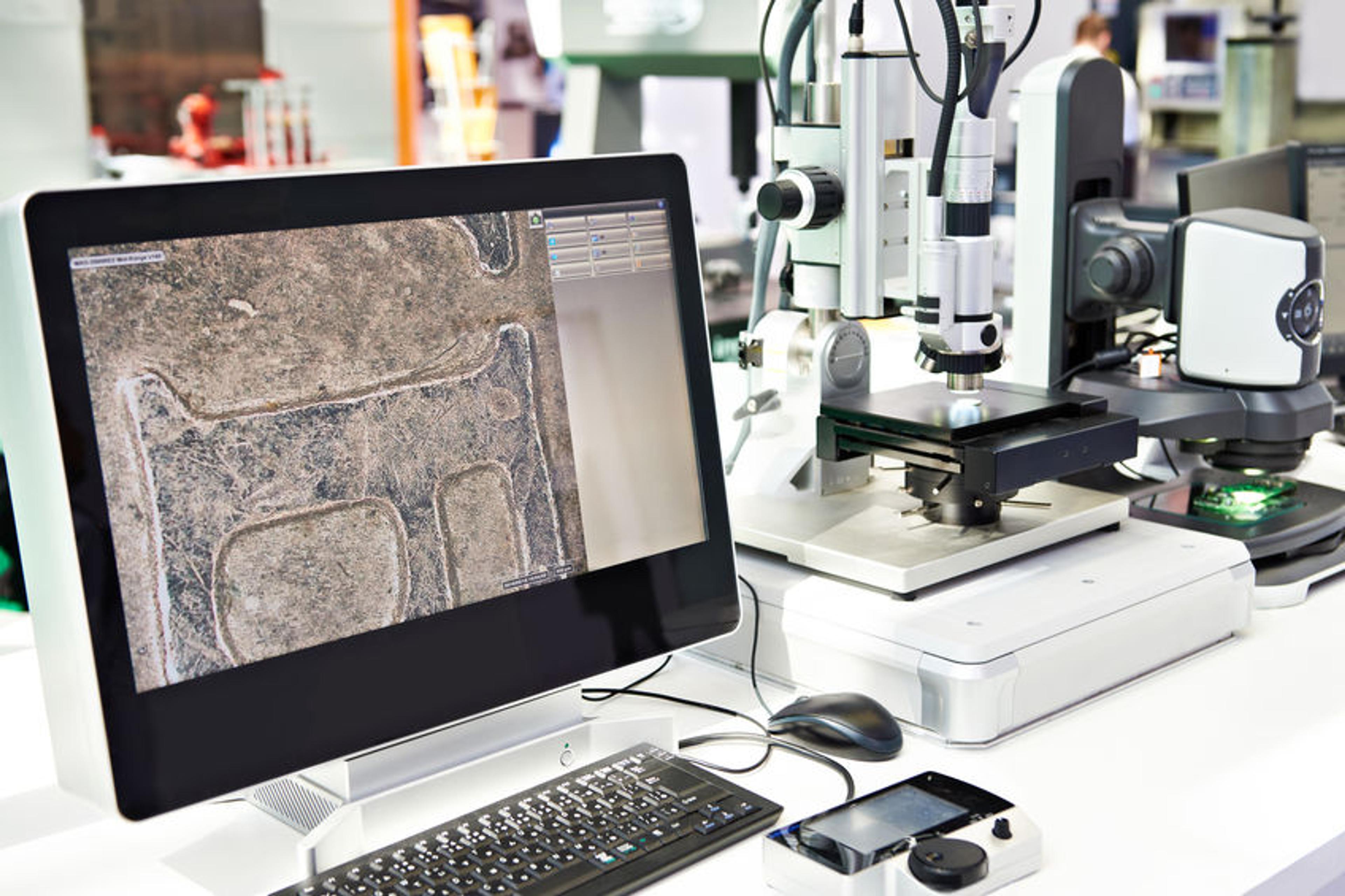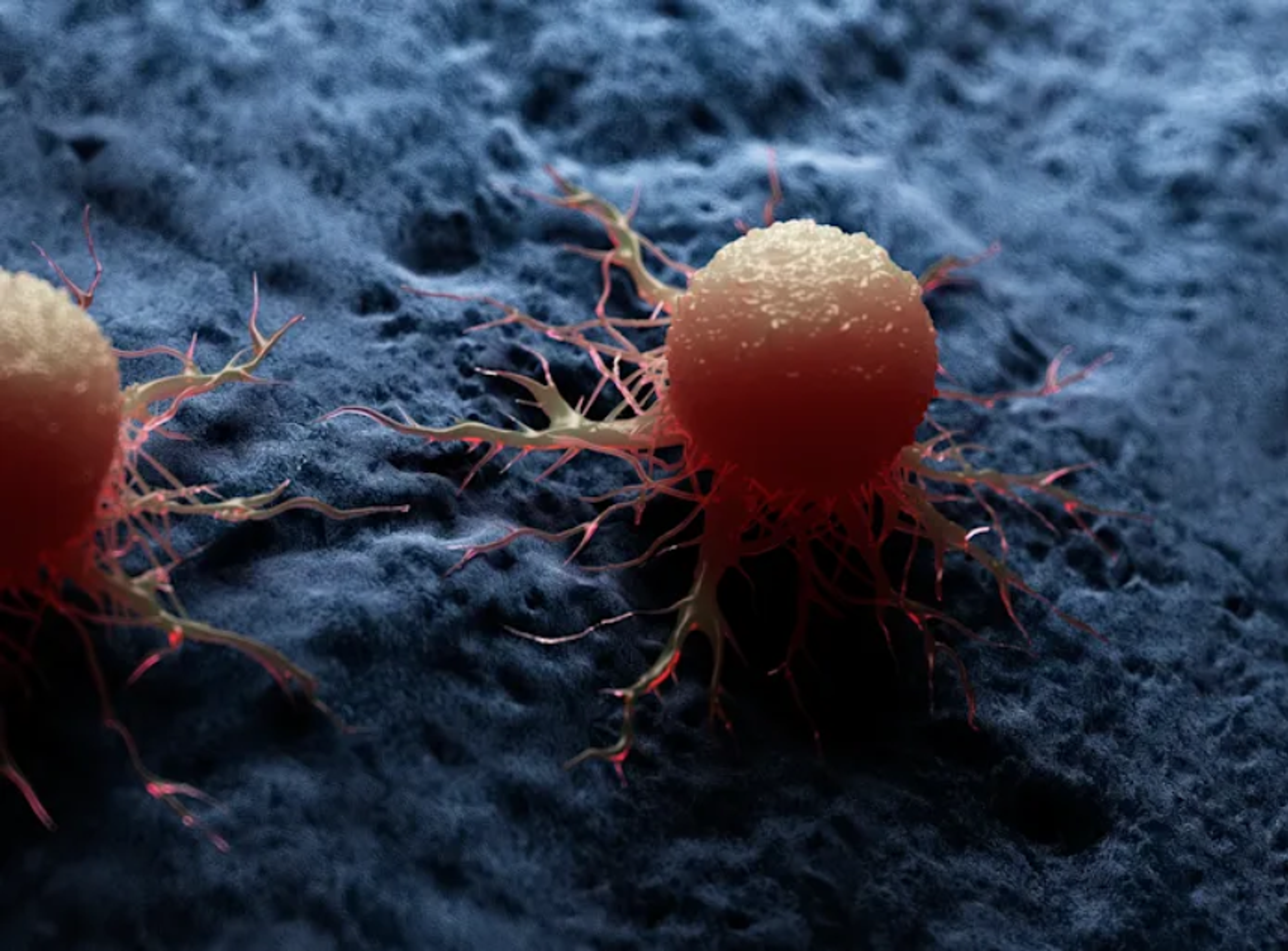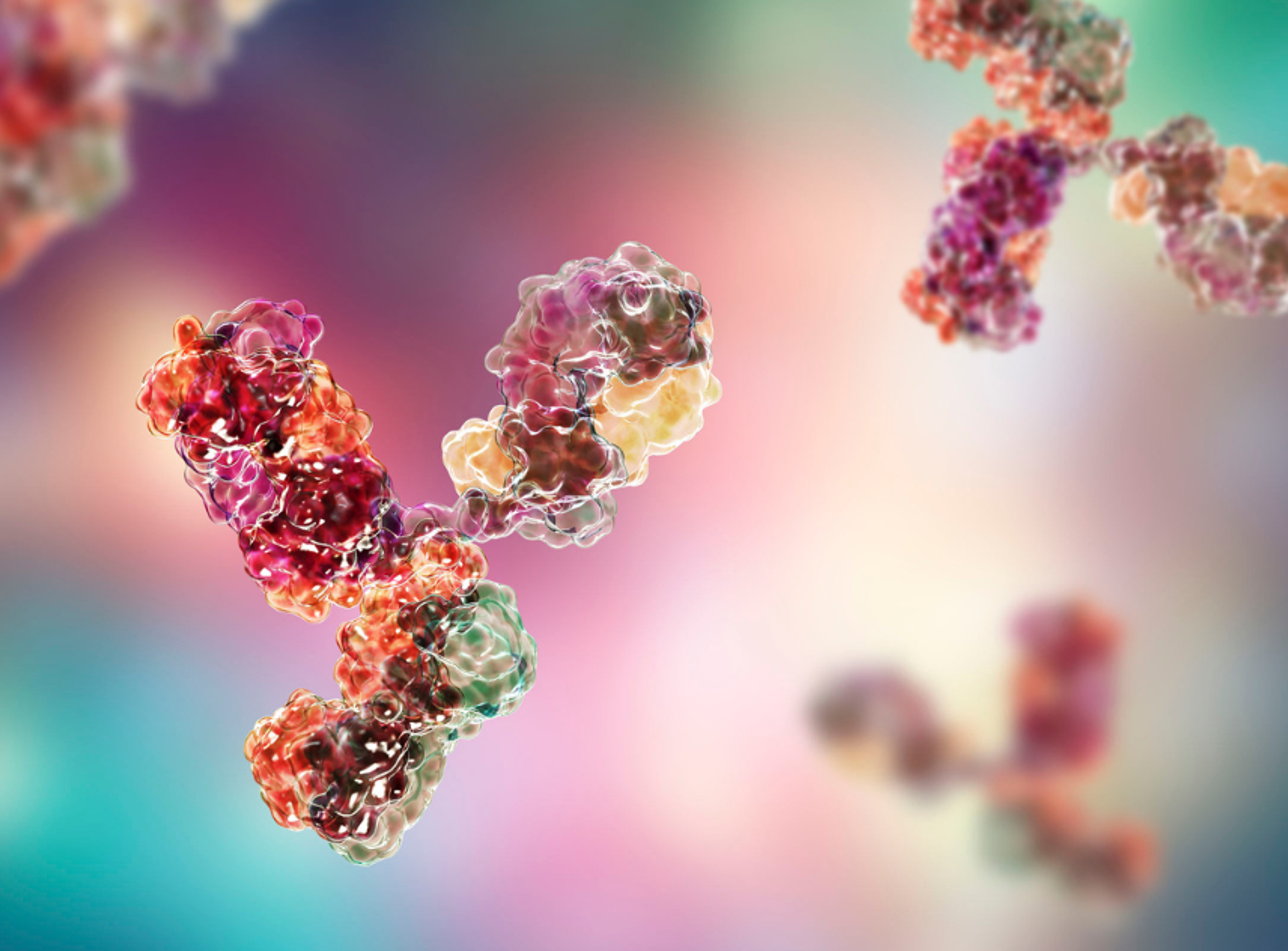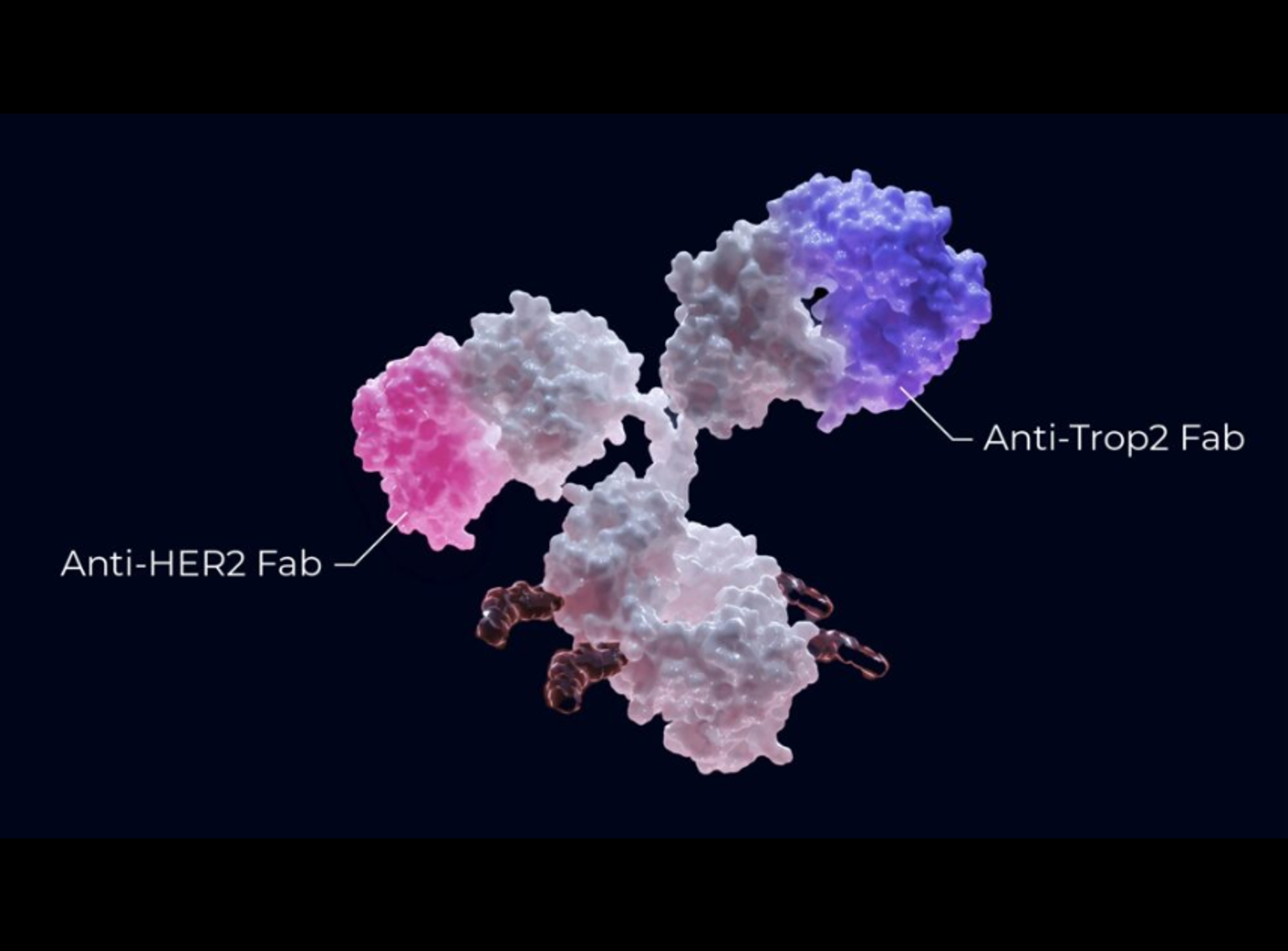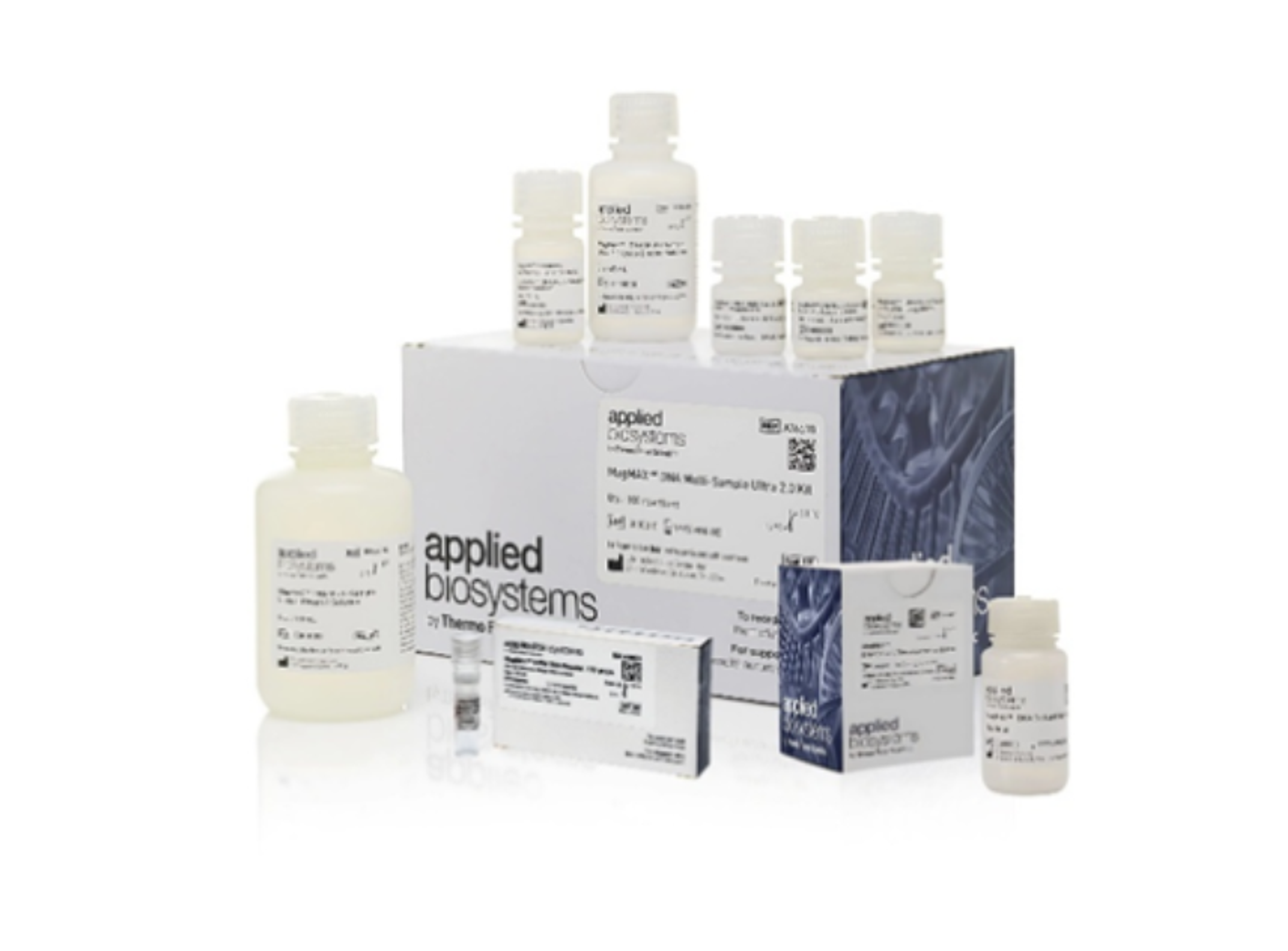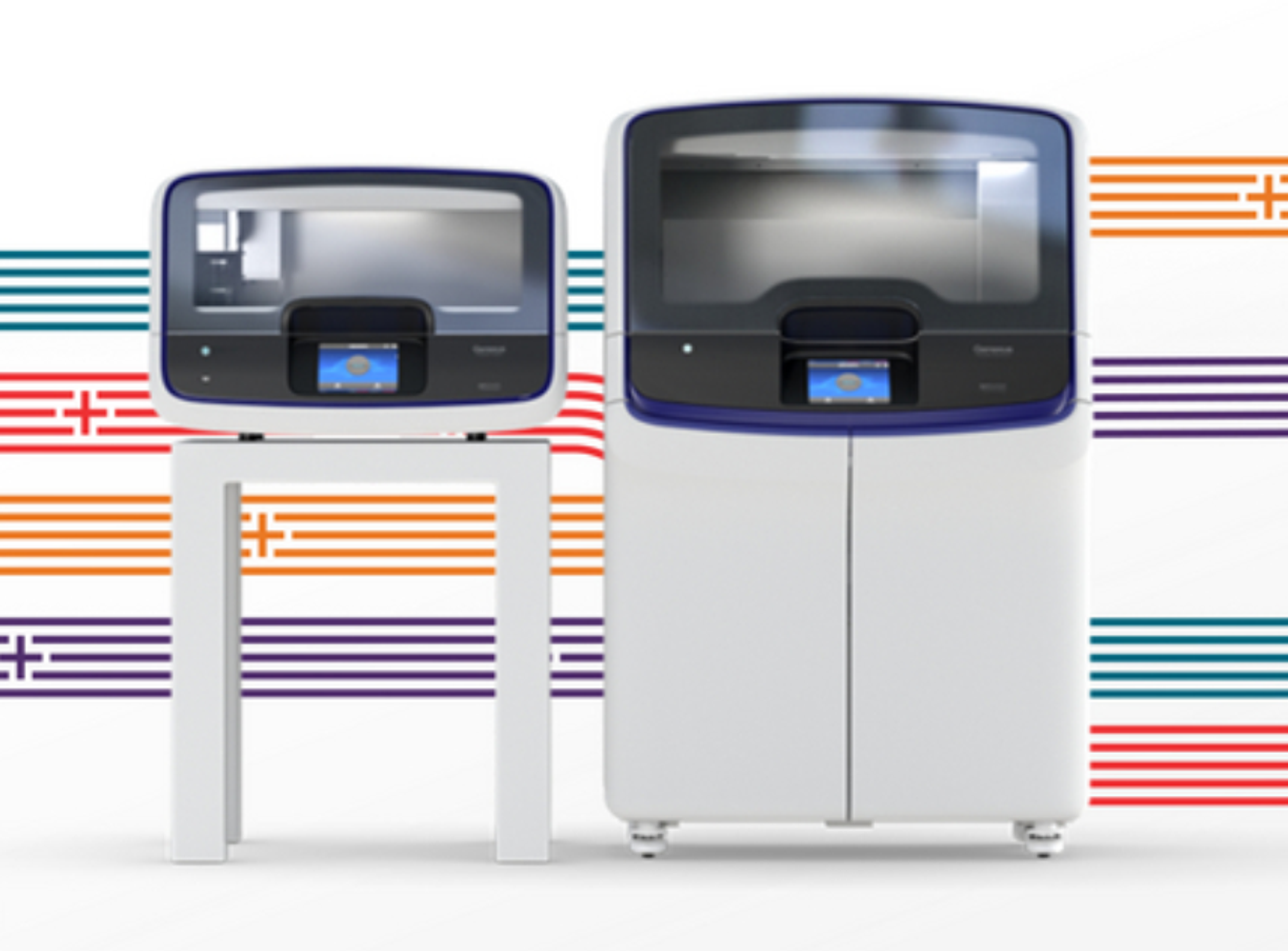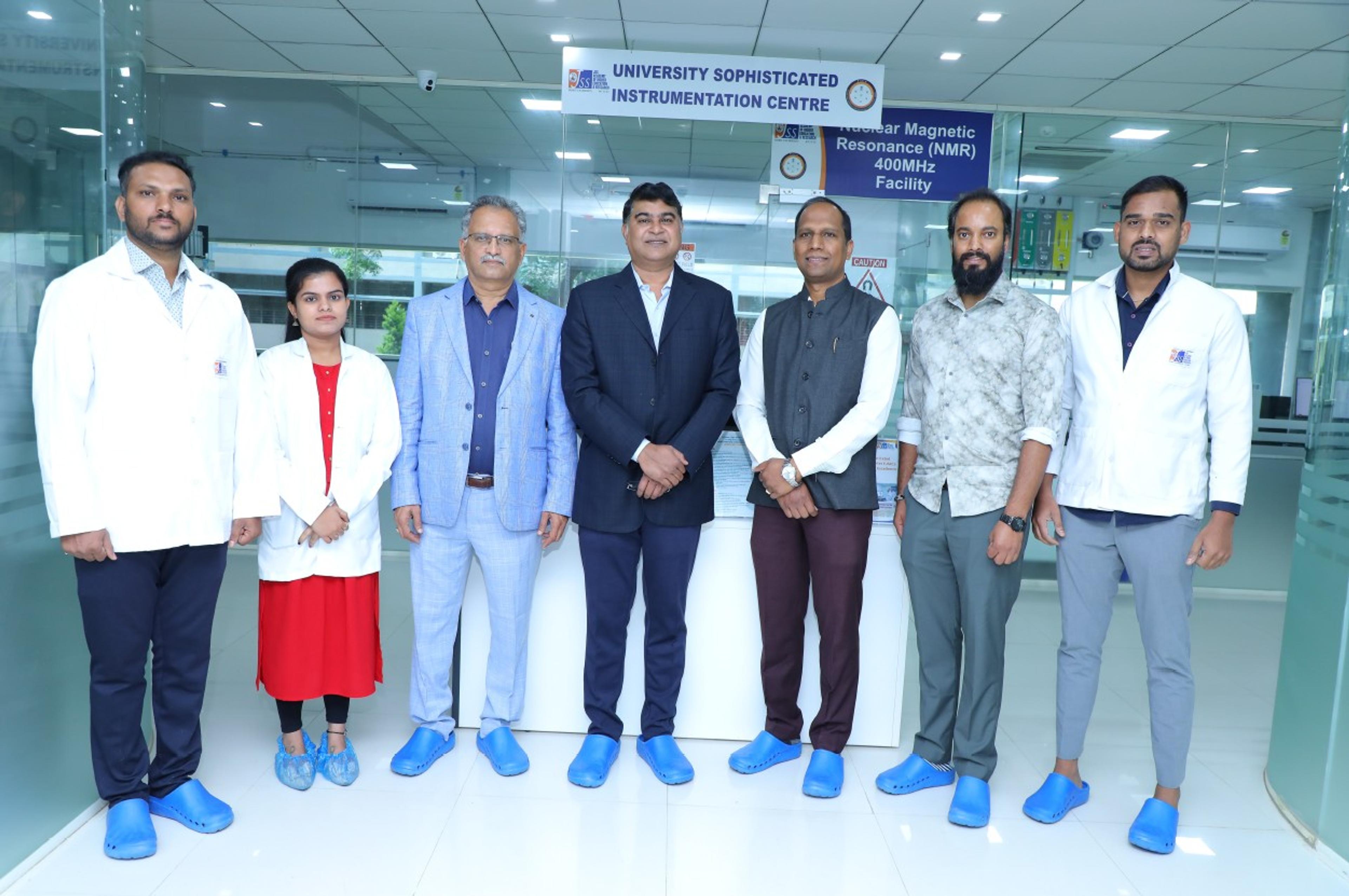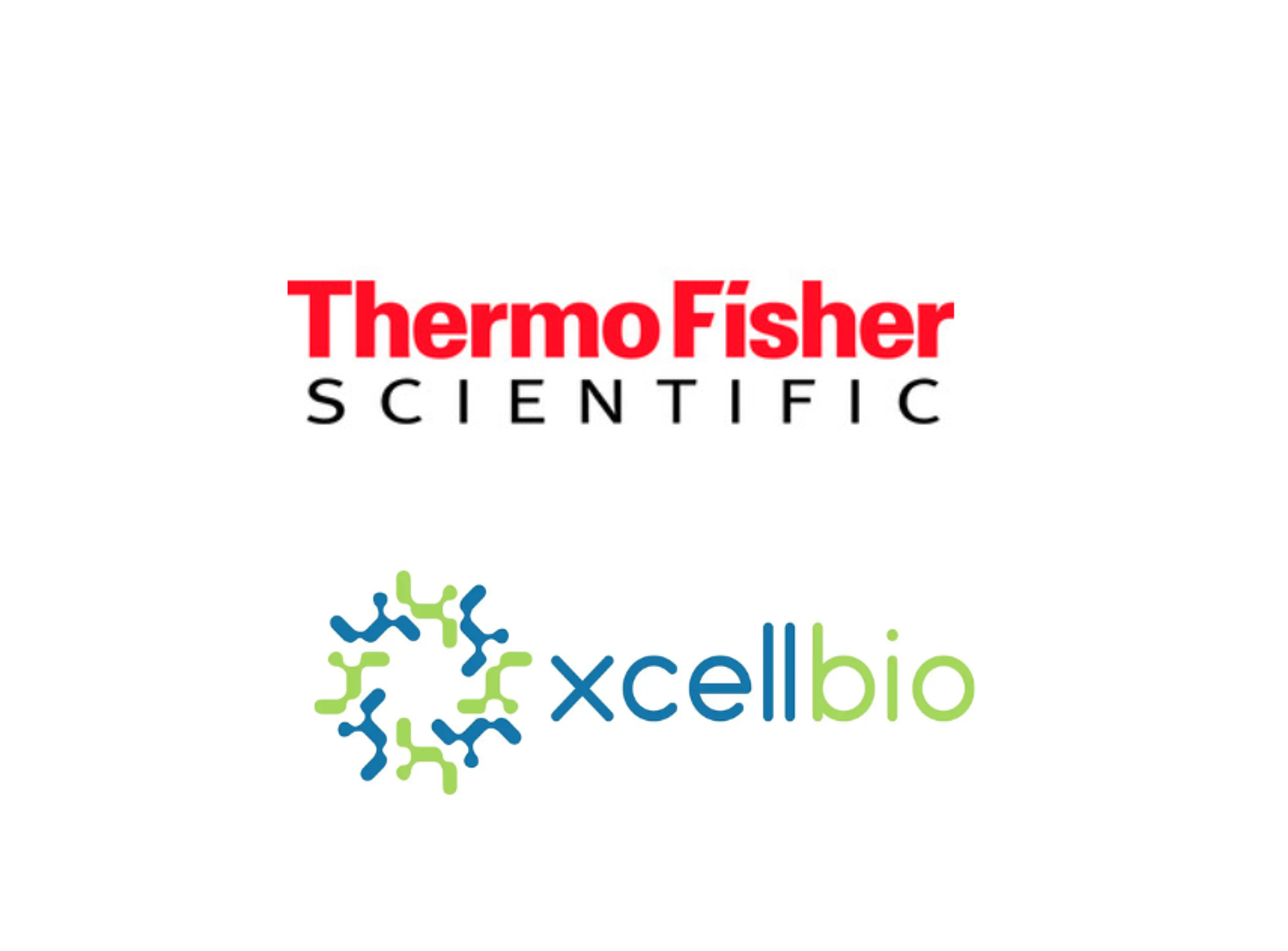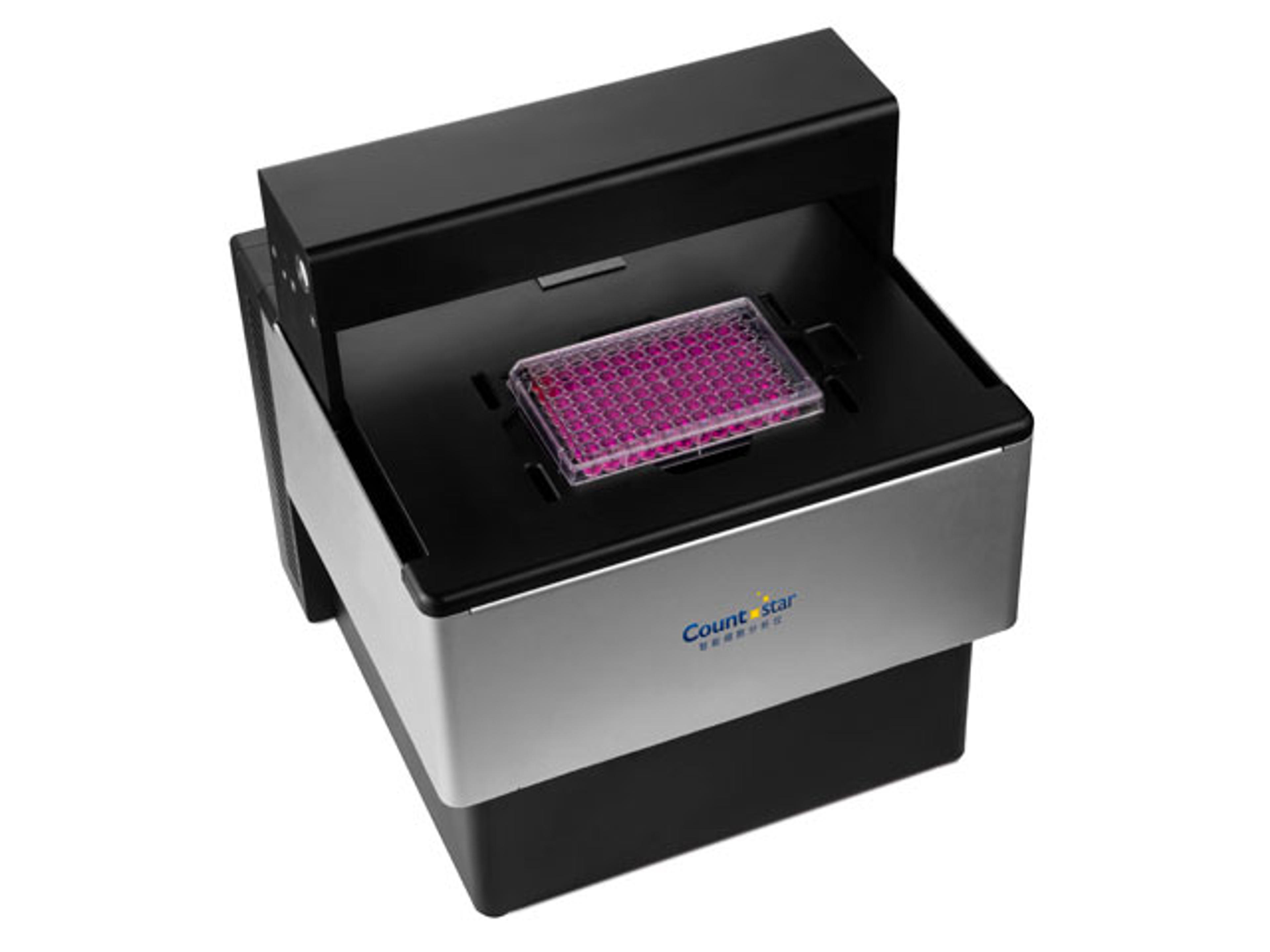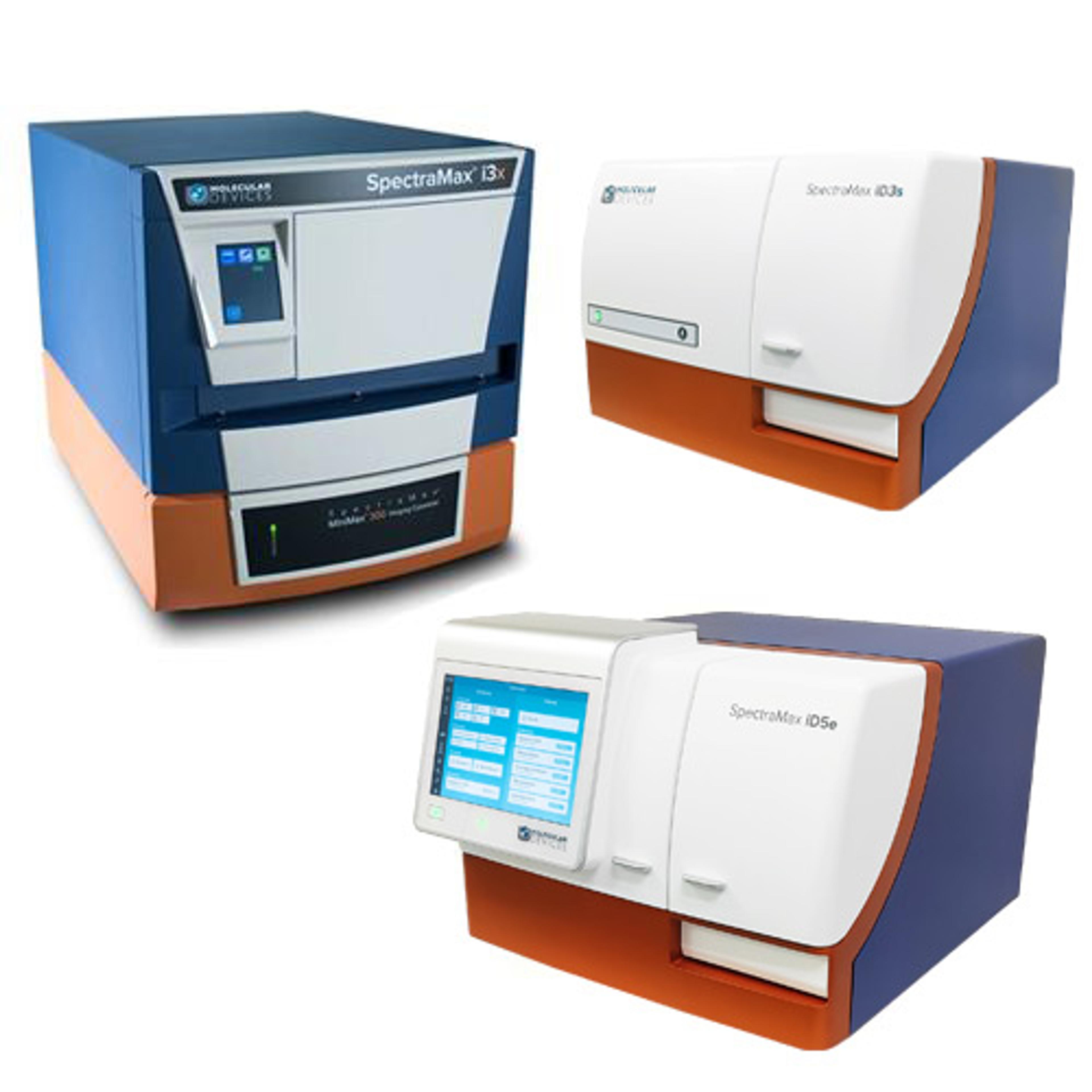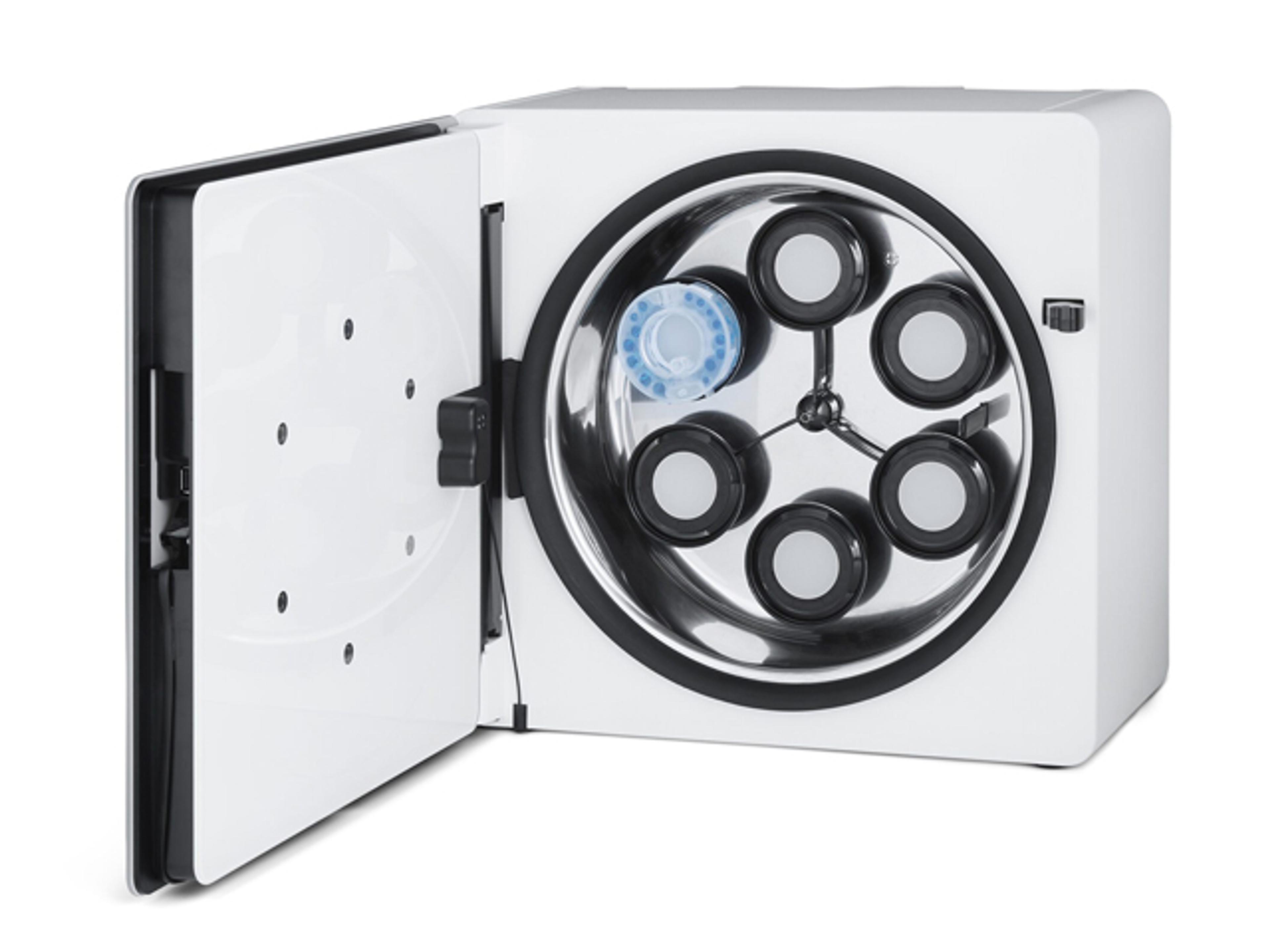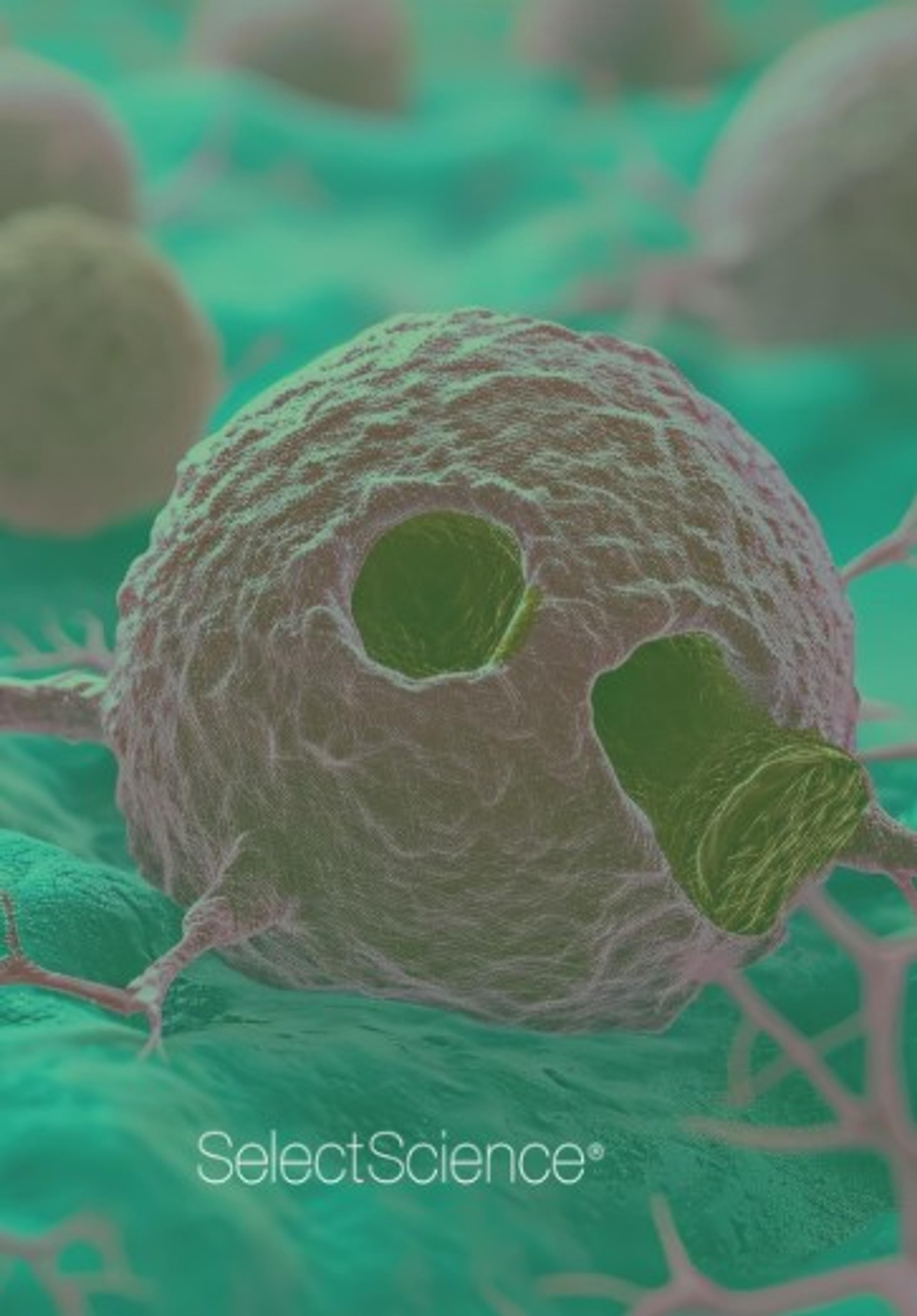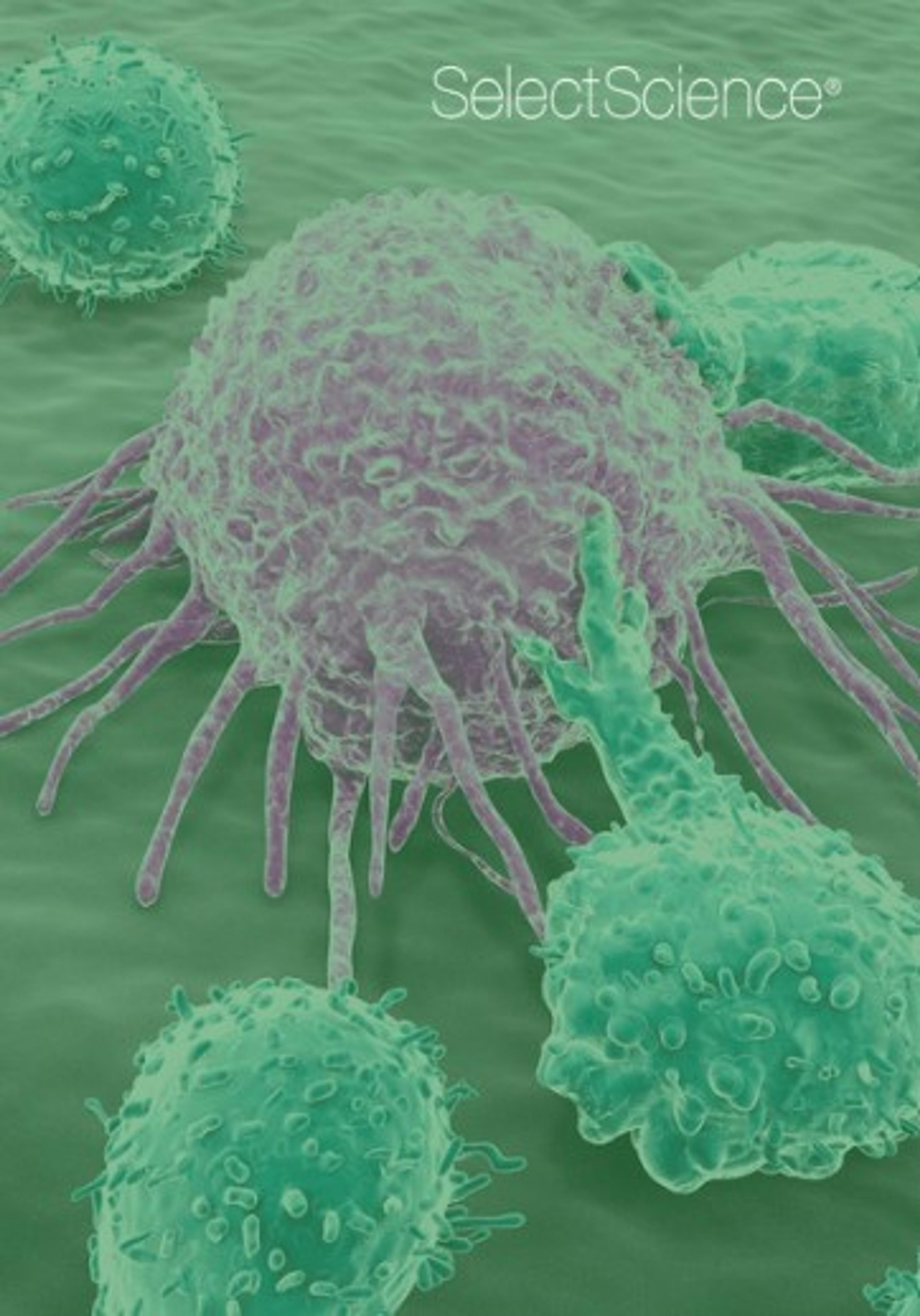
How to decode cancer biology and behavior
Unravel the complex molecular pathways that drive cancer in our feature on its biology and behavior.
Here, we shed light on current research on cancer genetics and mechanisms of action and share insights from scientists in the field about how they are uncovering key processes to advance our understanding of how cancer works. From the study of the tumor microenvironment and cell signaling pathways to epigenetics and biomarker research, stay at the forefront of oncology with this page of expert resources, interviews, and insights into the latest discoveries.
Synthetic DNA: The fabric of modern cancer research
Synthetic DNA is accelerating cancer research by enabling rapid, precise modeling of genetic mutations, improving diagnostics, advancing the personalization of therapies, and driving the development of innovative treatments.
With unmatched speed and flexibility, synthetic DNA is helping researchers unlock deeper insights into tumor biology, resistance mechanisms, and therapeutic strategies, bringing new hope for faster breakthroughs in cancer care.
This free guide from Twist Biosciences explores the many ways that synthetic DNA is used in modern cancer research. Download your copy here to learn about the technology that is empowering researchers to overcome the frustration that has long characterized cancer research.
Download resource
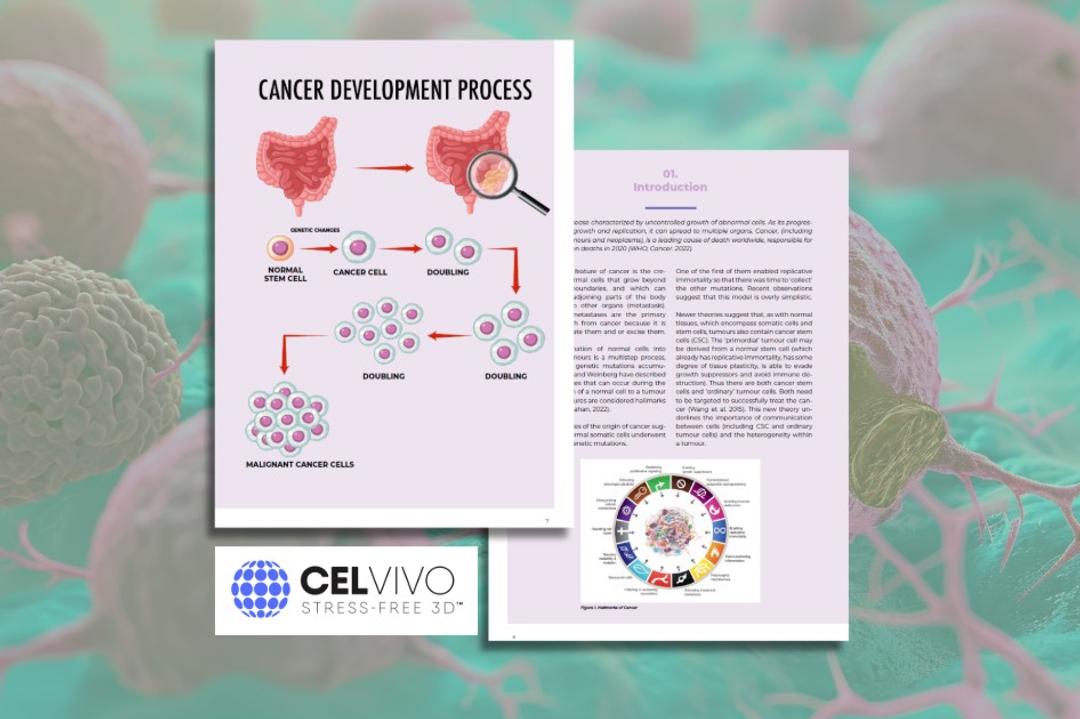
Whether cultivating cell lines into spheroids or stem cells or primary cells into organoids, certain criteria need to be validated. In essence, for a model to generate valuable, relevant data, it has to successfully replicate in vivo conditions. In this free resource from Celvivo, explore advanced in vitro cancer models comparing 2D, 3D, and in vivo techniques. Learn about cell culture methods, validation processes, and their impact on cancer research and drug development.
Download resource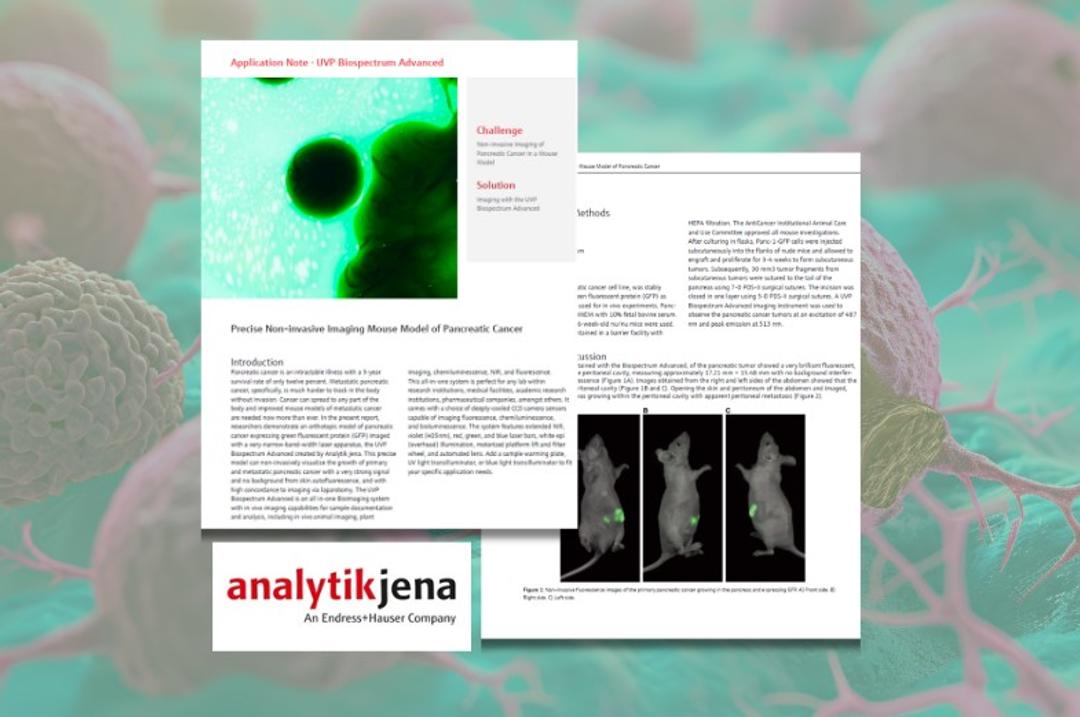
Pancreatic cancer is an intractable illness with a 5-year survival rate of only twelve percent. Metastatic pancreatic cancer, specifically, is much harder to track in the body without invasion. See how UVP BioSpectrum Advanced from Analytik Jena can non-invasively visualize the growth of primary and metastatic pancreatic cancer with a very strong signal, no background, and high concordance to imaging.
Download resource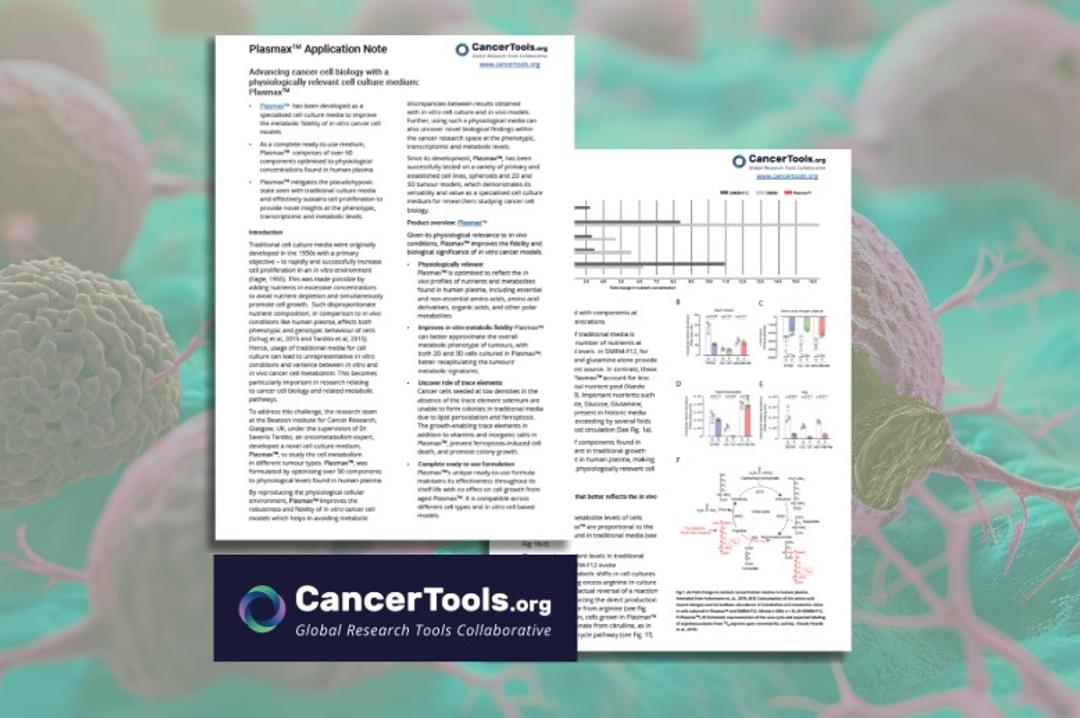
The research team at the Beatson Institute for Cancer Research, Glasgow, UK, and Dr. Saverio Tardito, an oncometabolism expert, developed a novel cell culture medium, Plasmax™, to study the cell metabolism in different tumour types. Explore its versatility and value as a specialised cell culture medium for researchers studying cancer cell biology.
Download resource

